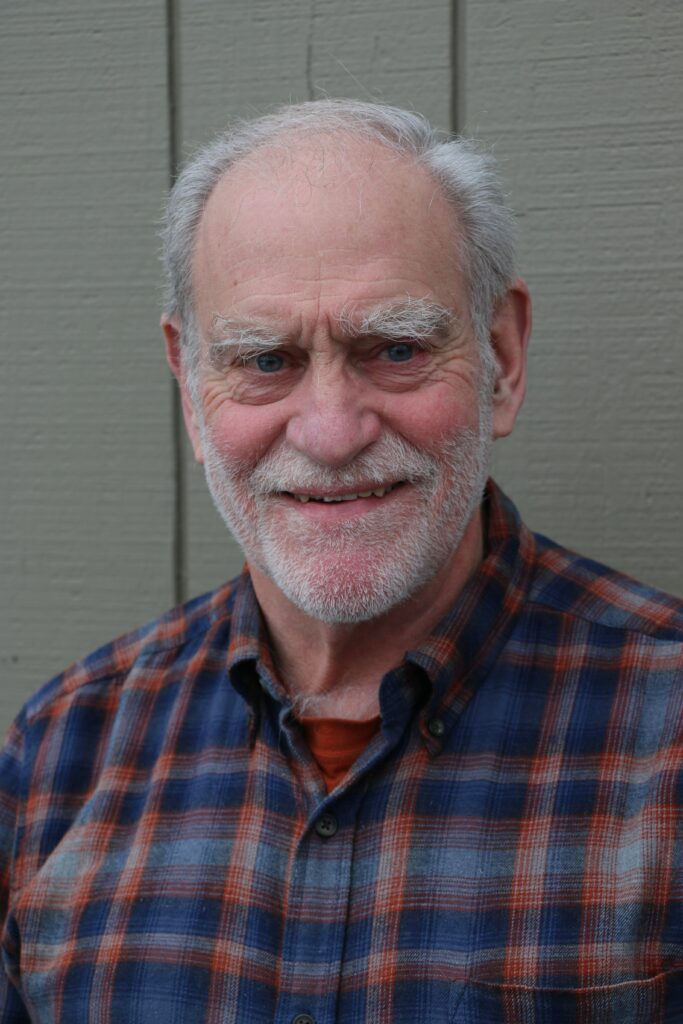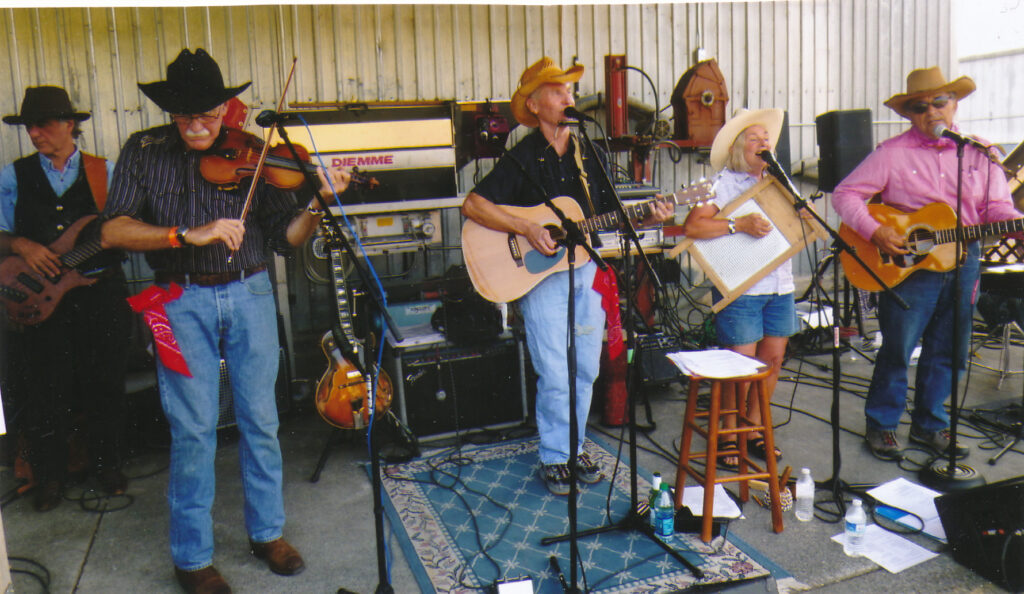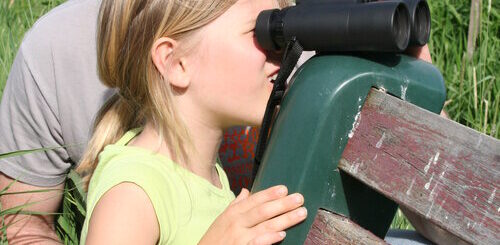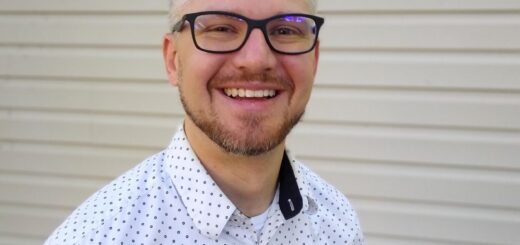How David Notter discovered the healing power of classical, bluegrass music
Dr. David Notter has had a long and soulful connection with his violin and found that playing music complemented his practice as an oncologist and his growth as a human being. At times in his life, he has found inspiration, healing and solace both on his own and playing with others.

“Music permeates humanity and it just sort of diffuses down through to the deeper layers of human empathy,” Notter told me in an interview focusing on how music influenced and impacted his life. Notter is one of four individuals who will be sharing life wisdom at the Elder Speak 2020 event which will be livestreamed on Sept. 20.
After my recent interview with Notter, many people commented about his music and so he was kind enough to agree to a second interview to play a few of his favorite bluegrass tunes and talk about the music. You can listen to our conversation by checking out my second podcast interview with Notter by accessing artofcommunityncw.com.
Following the death of his father, Notter, his mom and brother moved to Seattle and it was there that he somehow ended up playing the violin. How this happened is all very mysterious to him, but then he finds so many aspects of his life to be infused with mystery and wonder.
Someone suggested that Notter would benefit from having a higher quality instrument and some lessons. He took lessons from a friend of his aunt and participated in concerts and recitals through the end of high school.
After playing half-heartedly through his first year of college, Notter put the violin away. That didn’t last.
A difficult personal experience caused him to take up the instrument again and it changed his life. He was in the midst of a long-distance relationship with Patty, who became his wife (and later served as Mayor of Wenatchee, to boot), when he had the sinking feeling that things weren’t go to work out.

He picked up his violin, began playing and found strength in playing music. “I needed solace,” he told me. “I was hurting. And you might say I needed to be healed – needed to be made whole,” he continued.
At the time, he didn’t know how to play by ear, having been trained to play notes from pages of sheet music. And that’s how he began to train himself to play tunes that he heard. “If you play a hundred times the same song on the record player and you kind of figure out what note goes where, a little bit after a while, you’re making harmony with it. And after a while you say this is so incredibly comforting, so soothing,” said Notter.
“It’s the magic of music, he said, “and I learned in that way not just the power of music, but I learned that I can play by ear.”
His classical violin training led him to playing with the Wenatchee Valley Symphony for more than two decades and his ability to play by ear pushed him in an entirely different direction — playing Bluegrass music with a gifted local group now called the Saddle Rockers.
“People don’t read music in Bluegrass because they usually don’t know how,” Notter explained. It is far more spontaneous, informal, collaborative and free flowing. Classical music (and medicine, too) appeals to the structured orientation of the right side of the brain while the creative fluidity of Bluegrass is a function of the left side of the brain, he explained.
Symphonic music is “gorgeous – it’s just really indescribable,” said Notter. “Bluegrass? That’s different — completely different but also nurturing.”
The emotional high of playing with the Saddle Rockers could be so profound that when he went back to work the next day as an oncologist, he struggled to shift his brain back to the more structured environment. There is something magic about playing with that group. “And I watch them singing and I watch them playing,” Notter said, adding “we watch eyes back and forth. And it is the most heartwarming, wonderful belonging imaginable.”
The Saddle Rockers include Jac Tiechner, Chris Rader, Steve Clem, Bruce McWhirter and Paul O’Donnell.
When Notter left Wenatchee briefly for a job in Kirkland in 1983, he came back six months later committed to being part of this valley and playing music.
The love of music and his ability to bring out the soulful sounds of timeless tunes like “Danny Boy” and “Ashokan Farewall,” the haunting theme music to Ken Burns’ series “The Civil War” inspired his patients and their families. He has played his violin for patients who were dying and he has played at some funerals, at the request of the families.
Notter’s medical practice was driven by a powerful empathy and desire to connect with his patients and their families. His music became an extension of that powerful healing presence that he brought to the work.
There is great mystery in life and great mystery in music. How truly fortunate our community has been to have Notter bring healing and solace to cancer patients and their families. Empathy and music, he says, have helped heal him and helped make him a whole human being. Isn’t that what we all are seeking?


